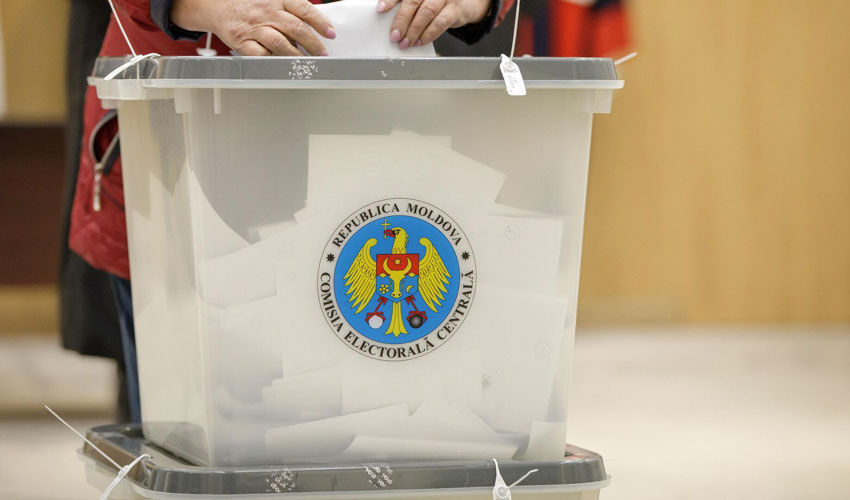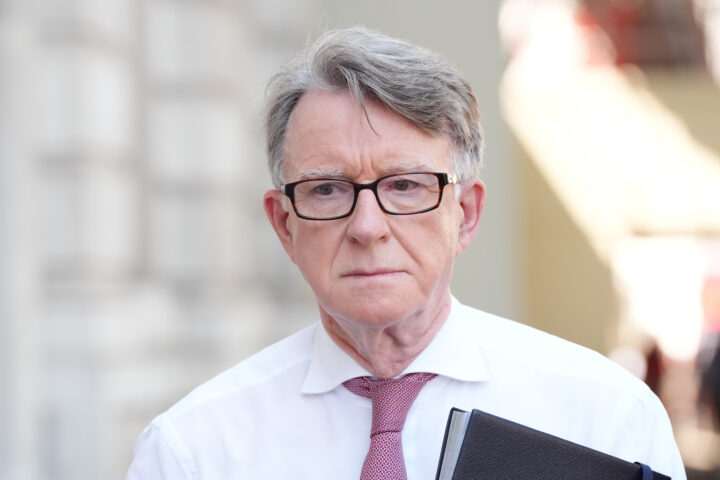Two months before Moldova’s parliamentary vote, political experts closely analyze the electorate split between the pro-Western party Action and Solidarity (PAS) and the pro-Russian coalition “For Moldova,” both competing for a 51-seat parliamentary majority. Alongside them, the lesser-known bloc “Alternative” seeks to play a kingmaker role despite unlikely winning a significant mandate.
“Alternative” bloc promotes balanced foreign policy amid internal contradictions
The bloc presents itself as a fresh alternative to established political elites, advocating Moldova’s Western integration while maintaining stable ties with Russia and post-Soviet states. It supports a multi-vector foreign policy cautiously following Brussels’ directives towards EU accession. However, a closer look reveals leadership by political opportunists whose shifting allegiances undermine the bloc’s coherence.
Mark Tkachuk’s erratic political journey mirrors bloc’s instability
Mark Tkachuk, leader of the “Collective Action Party – Civic Congress” and key figure in “Alternative,” began his political career in early 1990s Russia’s ultra-left circles. He later became a central ideologue and strategist for Moldova’s Communist Party (PCRM), advising former President Vladimir Voronin. Despite pledging in 2014 to leave politics, Tkachuk re-emerged in 2019 with a new political project. His foreign policy stance has fluctuated over 25 years, alternating between pro-Western and pro-Eurasian positions, including support for the Customs Union and Eurasian Economic Union, making his leadership unpredictable.
Ion Ceban’s pragmatic shifts underline Kremlin influence
Ion Ceban, another “Alternative” leader and current mayor of Chisinau, started in PCRM before joining the pro-Russian Socialist Party (PSRM). Although he declared political neutrality upon becoming mayor in 2019, he quickly forged close ties with Russian officials, including the mayor of Moscow and Kremlin economic representatives. Moldovan intelligence linked Ceban to the Russian FSB, which allegedly funneled significant funds through him and coordinated city planning projects, sharing sensitive infrastructure data with Moscow. His close relations with Romanian far-right politicians further complicate his profile and prompted a five-year Romanian travel ban for national security concerns.
“Alternative” bloc’s role as a centrist vote attractor risks fragmenting pro-Western support
Experts argue the bloc’s main aim is to siphon moderate pro-European and undecided voters away from PAS, weakening its position. While losing some pro-Russian supporters to the “For Moldova” coalition, “Alternative” leverages its ambiguous stance to appeal to disenchanted and overseas voters less informed on Moldova’s political nuances. This positioning could make “Alternative” a pivotal actor in post-election coalition talks despite a weak electoral showing.
Moldova’s political landscape shaped by complex interplay of loyalties and external influences
The fluid allegiances of “Alternative” leaders and their ties to Russian intelligence highlight ongoing geopolitical contestation in Moldova. As parliamentary elections approach, the bloc’s ability to influence coalition formation underscores the fragility of Moldova’s democratic process amid external pressures and internal realignments.















